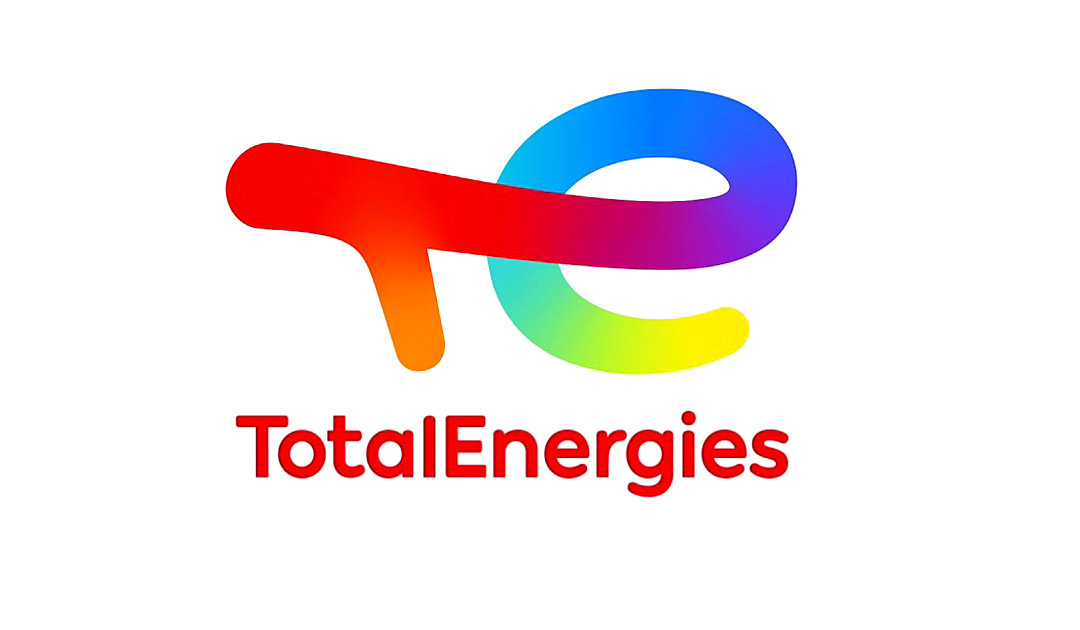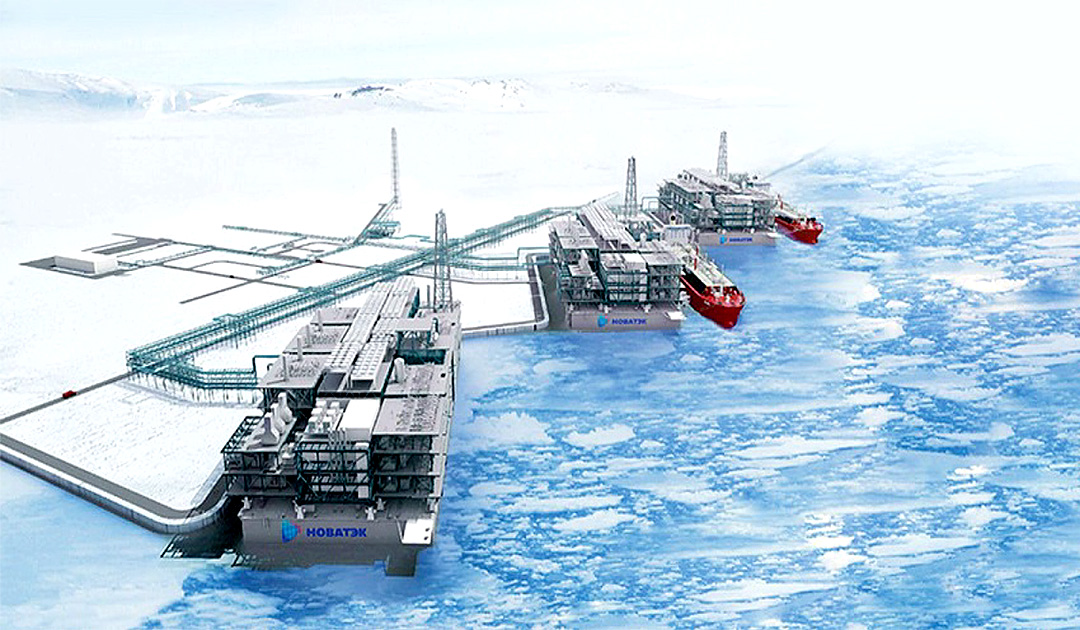
TotalEnergies is preparing for a further withdrawal from Russia. Now the French energy company announced it would set aside $4.1 billion. TotalEnergies said it had decided to take this step specifically in view of its stake in the Arctic LNG 2 liquefied natural gas project currently under construction.
The LNG-2 project on the Gydan Peninsula was scheduled to start in 2023. However, the plans are threatened by sanctions imposed by Western countries on Russia in response to its invasion of Ukraine.

The Russian energy group Novatek is responsible for the 21 billion euro project in Siberia. TotalEnergies holds around one-fifth of the shares in the group and has a stake of around 10 percent in Arctic LNG 2.
A TotalEnergies spokesperson indicated that the provision should be seen as the “beginning of the withdrawal” from Arctic LNG 2. New investments are on hold, and the Group also intends to stop buying oil and oil products from Russia by the end of this year.
The new political situation underscores the new financial risks that accompany investors in Russian oil and gas. Prior to the invasion of Ukraine, Arctic LNG 2 was fully funded and well underway to completion. The first liquefaction plant should have been put in operation in 2023. According to TotalEnergies, this schedule may now be in jeopardy.

The Arctic LNG 2 project is key to Russia’s plans to increase its share of the global LNG market to 20% by 2035 and to increase its current annual LNG production from around 30 million tons to between 120 and 140 million tons.
Russia’s Novatek holds a 60% stake in the Arctic LNG 2 project, while 10% each is held by TotalEnergies, Japan Arctic LNG and two Chinese companies, China National Petroleum Corporation (CNPC) and China National Offshore Oil (CNOOC).
Analysts believe that Russia will have to rethink its goals after the European Union sanctions over the Ukraine conflict. In early April, the EU also imposed an export ban on European LNG liquefaction technology to Russian groups, increasing the risk that Arctic LNG 2 may not be completed, or at least may be delayed.
BP also posts losses in Russia
The reason for the high losses of $20.4 billion in the first quarter is written-off investments in Rosneft, in which BP has a one-fifth stake. In the previous year, BP still posted a profit of $4.7 billion in the same period.
The Group announced its intention to withdraw from Russia. The write-down charges BP $25.5 billion in the first quarter. According to BP, the operating performance was very good due to exceptional earnings in the oil and gas business.
Heiner Kubny, PolarJournal





